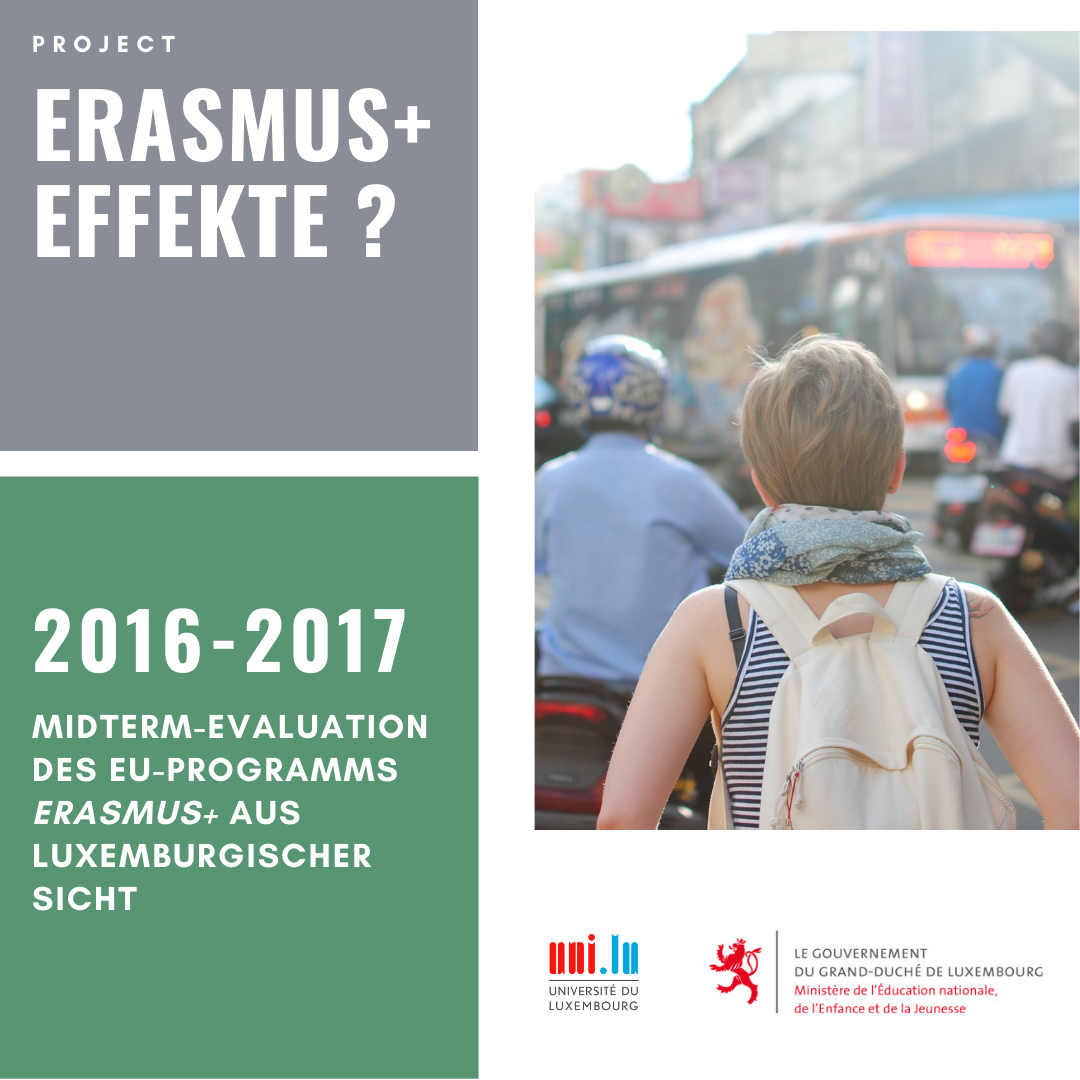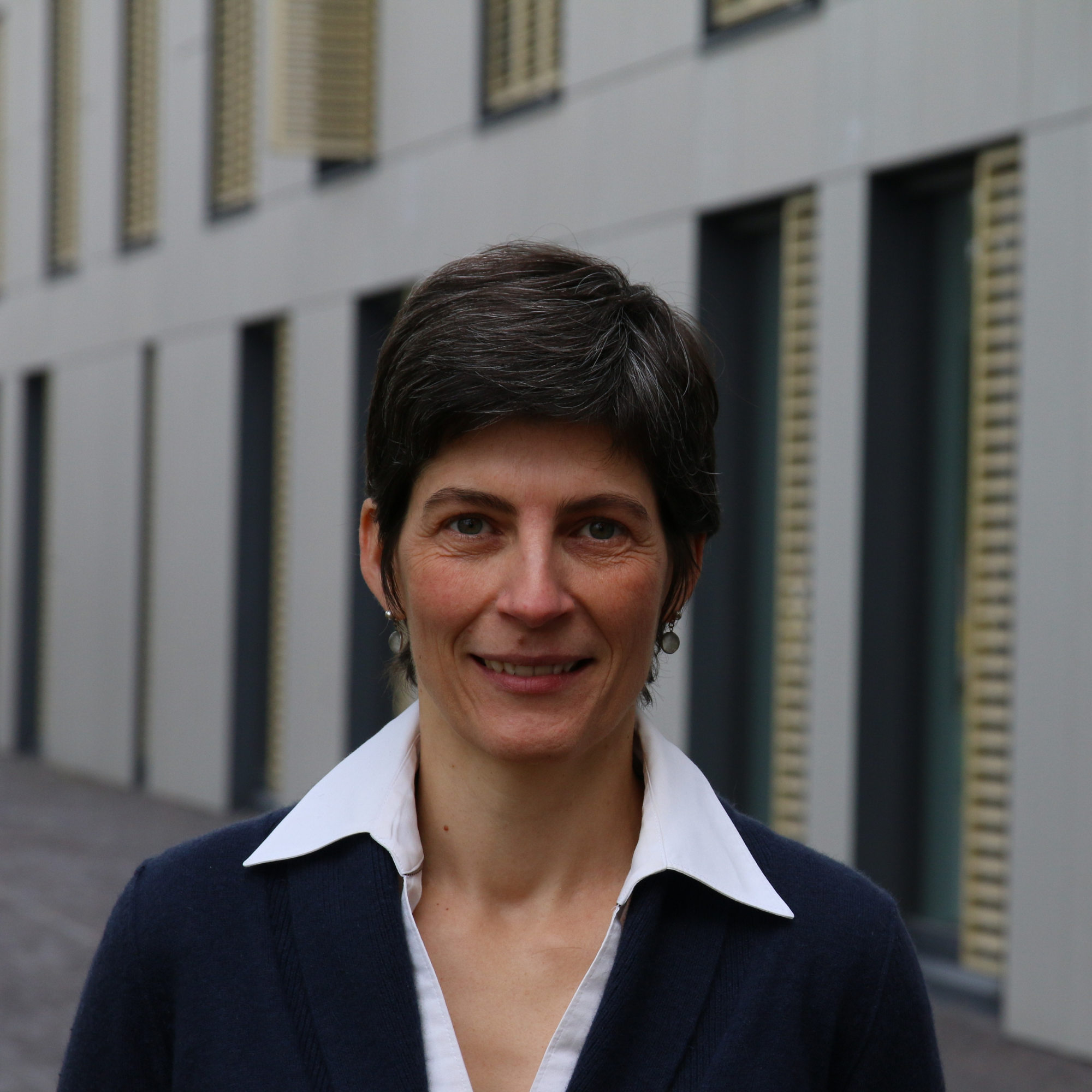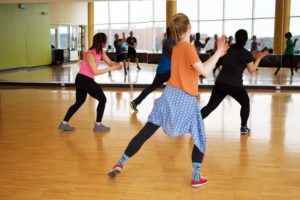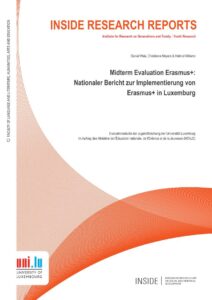Christiane Meyers holds a DEA in Sociology and is a Research (and Development) Specialist at the Centre for Childhood and Youth Research (CCY) at the University of Luxembourg.
Midterm Evaluation of the "Erasmus+" Programme Luxembourg (2014-2016)
The aim of the project is to carry out a mid-term evaluation of the EU Erasmus+ programme, which will conclude with the production of an evaluation report. This will reflect the national (i.e. in this case Luxembourg) perspective on the implementation and impact of Erasmus+, on the strengths and weaknesses and on the experiences so far. The results will be compared with the defined objectives of the programme.

Jump to content
Data basis and methodological approach
The evaluation follows a multi-methodological approach. In a qualitative evaluation, the experiences, views and assessments of those responsible from different areas (ministries, SNJ, anefore, projects) are collected through expert interviews and group discussions. Furthermore, with the help of a quantitative evaluation of existing questionnaire data from the results of the Youth in Action Programme (and other projects, if applicable), the learning experiences, competence and value development of the actors in the projects will be assessed. By analysing the respective project databases, trends, developments and differences between the individual programmes are identified, e.g. with regard to the participant structure and the distribution of funding. In addition, existing analyses are used to obtain information on the impacts and specific benefits of the various programmes.
About Erasmus+
Erasmus+ is an EU programme to promote education, training, youth and sport in Europe. It replaced the Lifelong Learning Programme, Youth in Action and the EU’s international higher education programmes with third countries on 1 January 2014. The programme runs until 2020 and has a budget of €14.7 billion. It is aimed at both individuals and organisations. The central aim of Erasmus+ is to promote learning mobility and transnational cooperation. The exchange of good practices in the fields of education and youth is also important. In sport, the programme focuses mainly on cooperation projects and grassroots sport.





